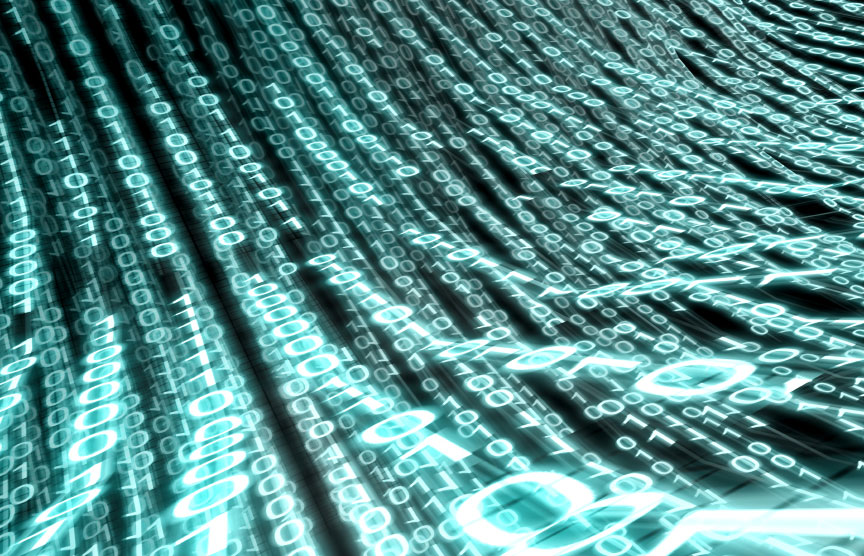
Robohub.org
What would be the energy cost of artificially evolving human-equivalent AI?

Want to create human-equivalent AI? Well, broadly speaking, there are three approaches open to you: design it, reverse-engineer it or evolve it. The third of these – artificial evolution – is attractive because it sidesteps the troublesome problem of having to understand how human intelligence works.
It’s a black box approach: create the initial conditions then let the blind watchmaker of artificial evolution do the heavy lifting. This approach has some traction. For instance David Chalmers, in his philosophical analysis of the technological singularity, writes “if we produce an AI by artificial evolution, it is likely that soon after we will be able to improve the evolutionary algorithm and extend the evolutionary process, leading to AI+”. And since we can already produce simple AI by artificial evolution, then all that’s needed is to ‘improve the evolutionary algorithm’. Hmm. If only it were that straightforward.
About six months ago I asked myself (and anyone else who would listen): ok, but even if we had the right algorithm, what would be the energy cost of artificially evolving human-equivalent AI? My hunch was that the energy cost would be colossal; so great perhaps as to rule out the evolutionary approach altogether. That thinking, and some research, resulted in me submitting a paper to ALIFE 14. Here is the abstract:
This short discussion paper sets out to explore the question: what is the energy cost of evolving complex artificial life? The paper takes an unconventional approach by first estimating the energy cost of natural evolution and, in particular, the species Homo Sapiens Sapiens. The paper argues that such an estimate has value because it forces us to think about the energy costs of co-evolution, and hence the energy costs of evolving complexity. Furthermore, an analysis of the real energy costs of evolving virtual creatures in a virtual environment, leads the paper to suggest an artificial life equivalent of Kleiber’s law – relating neural and synaptic complexity (instead of mass) to computational energy cost (instead of real energy consumption). An underlying motivation for this paper is to counter the view that artificial evolution will facilitate the technological singularity, by arguing that the energy costs are likely to be prohibitively high. The paper concludes by arguing that the huge energy cost is not the only problem. In addition we will require a new approach to artificial evolution in which we construct complex scaffolds of co-evolving artificial creatures and ecosystems.
The full proceedings of ALIFE 14 have now been published online, and my paper Estimating the Energy Cost of (Artificial) Evolution can be downloaded here.
And here’s a very short (30 second) video introduction on YouTube:
Robohub is an online platform that brings together leading communicators in robotics research, start-ups, business, and education from around the world. Learn more about us here. If you liked this article, you may also be interested in:
- Why robots will not be smarter than humans by 2029
- Chatbot probably did not pass the Turing Test in Artificial Intelligence
- From disembodied bytes to robots that think and act like humans
- Putting the IV into Intelligent Virtual Assistants
- Robot love: Spike Jonze’s new sci-fi film ‘Her’ may be closer to reality than you think
See all the latest robotics news on Robohub, or sign up for our weekly newsletter.
tags: AI, Alan Winfield, Algorithm AI-Cognition, c-Research-Innovation, EU perspectives, Singularity




